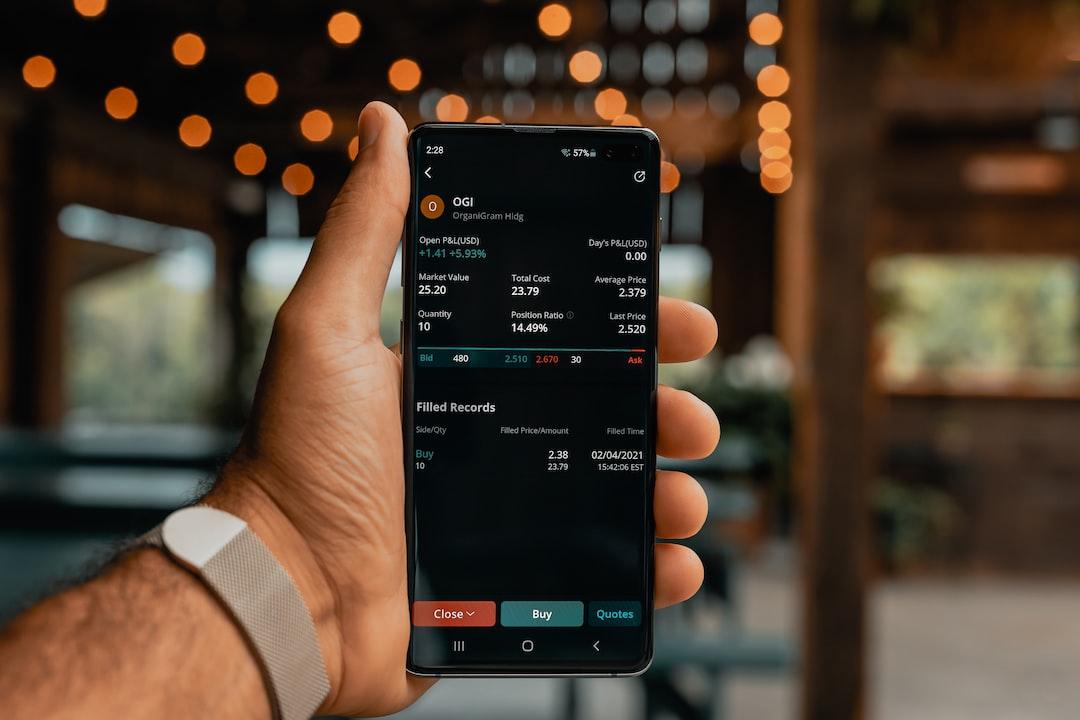Today, PayPal has made an exciting announcement that its stablecoin, PayPal USD (PYUSD), is now live on the Solana blockchain. This move comes after the successful launch of PYUSD on the Ethereum mainnet in August 2023, following nine months of preparation. The decision to expand to Solana was driven by the desire to enhance the functionality and accessibility of PYUSD, leveraging Solana’s cost-effective and high-throughput capabilities.
Why did PayPal choose to expand its stablecoin to Solana? The reasons are clear:
– Cost-effectiveness
– High throughput and fast settlement speeds
– Token extensions that enhance compliance functionalities
PayPal’s strategic decision to build on Solana is outlined in an open letter, which can be found here: https://t.co/FKIcmlOKfk
In its quest to promote awareness, utility, and ubiquity for PYUSD, PayPal has drawn upon its extensive experience in digital payments. The company recognizes that widespread adoption of any new payment technology requires a progression through three key stages: awareness, utility, and ubiquity.
The awareness stage involves introducing people to the new technology, which was successfully achieved through the integration of PYUSD with PayPal and Venmo apps, reaching over 100 million US users. Early adopters, comprising 15% of the population, play a crucial role in spreading awareness about PYUSD.
Moving on to the utility stage, PayPal aims to make PYUSD practical for everyday transactions, ensuring fast and affordable transactions that are suitable for daily use. While Ethereum provided significant awareness, it fell short in meeting all these requirements, leading to the decision to launch PYUSD on Solana, known for its cost efficiency and high throughput.
Solana was chosen for its ability to support key features essential for PYUSD’s growth, including confidential transfers, transfer hooks, and memo fields. These features enable secure and customizable transactions while accommodating additional information with payments.
The ultimate goal for PayPal is to achieve ubiquity, where PYUSD becomes a seamless part of everyday life, serving as a mainstream payment method across various applications. This involves facilitating faster, cheaper transactions and ensuring compatibility with a decentralized multi-chain architecture.
Tags: PayPal, PYUSD, SOL

